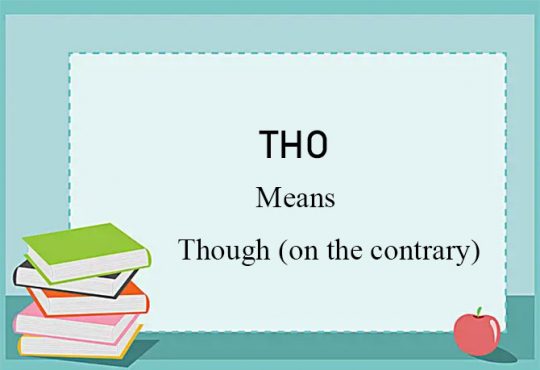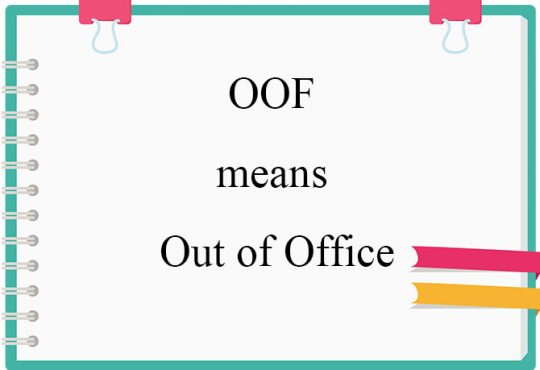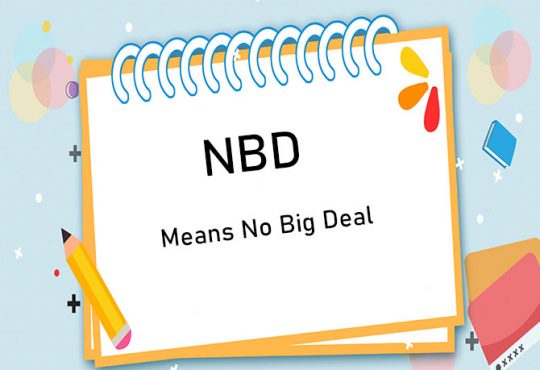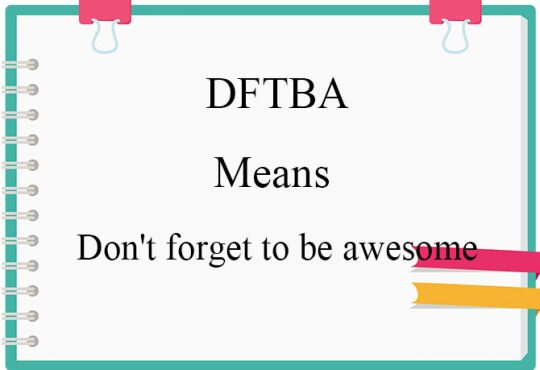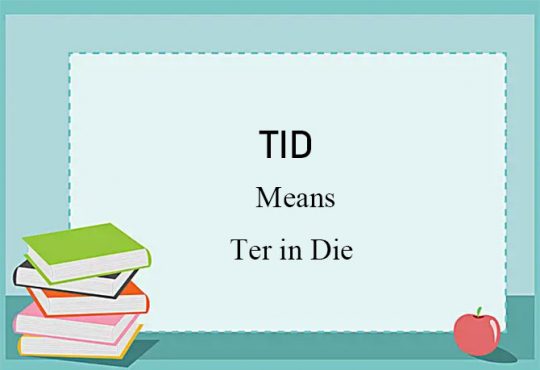ILY – First glance:
ILY means “I love you”, which is often used in texting messages, on social media, blogs, and emails.
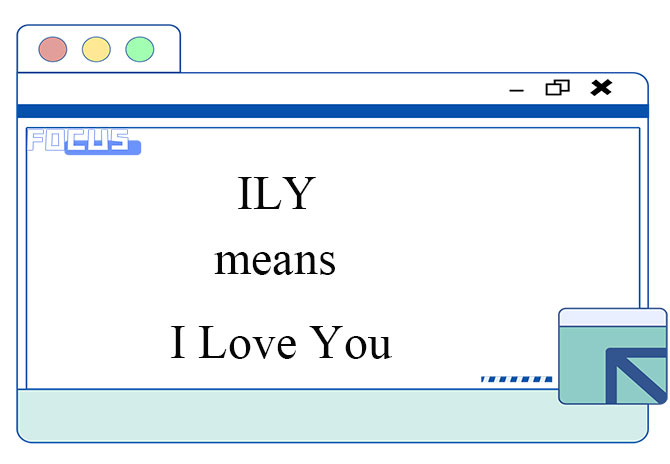
You may usually see various acronyms online, like posts and blogs. Among them, ily is commonly used. However, for most of you, you may be confused about the full form of ily, let alone how to use this slang on social media.
What Does ILY Mean?
ILY is short for “I love you”. While as for when and how to use this abbreviation, unlike the full name of ILY, “I love you”, ily can be used mainly in informal conversations, but it cannot convey the same meaning as that of “I love you”.
That is to say, this acronym “ily” is mostly employed to show fondness or appreciation.
In this way, when you receive an instant message or post with the abbreviation “ily”, do not confuse the meaning of it with “I love you” in offline conversations even if “ily” may express the sense of “I love you”.
What is the meaning of “ily” in Tmail?
As with its common full form, ILY also stands for “I love you” in Tmail (Tamil is a Dravidian language natively spoken by the Tamil people of India and Sri Lanka)
Example of ILY:
User 1: How about this picture of me on Facebook?
User 2: ILY! You are so beautiful.
In this example, User 2 shows his or her love or appreciation or fondness towards someone else by using “ILY”.
In short, ily is extremely simple as an internet slang with a definition of “I love you”, but you need to be cautious when receiving messages of “ily” in texting or on social media as it may does not mean “I love you” as it is in real context. So long as you appreciate, are fond of, or adore someone, you can use “ily”.


